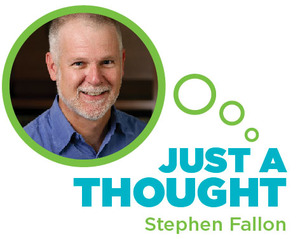 "
"
The Westville Education Initiative is a pilot project that offers credit-bearing college courses at Westville Correctional Facility. Among those spearheading this degree program is Professor Stephen Fallon.
Could you give us an overview of the Westville Education Initiative?
W.E.I. is a prison-education program tied with Bard College [in New York]. We’re slowly putting together a curriculum, but right now it’s somewhat bound by what people want to teach. Although we are currently limited by which professors we have to teach specific subjects, ultimately we would like for this to be as wide as the university. There have been some great classes in the past, such as Professor Sloan’s “Great Ideas” course, and this current term we’re covering everything from sociology and physics to opera and writing. We’re coming up on our fourth semester of offering an A.A. [Associate of Arts] degree through Holy Cross College.
What attracted you to such an unconventional learning environment?
I would really say it was a mix of things. The obvious one that stands out of course is the Catholic call to social justice that affects almost everything, but a tangential idea to that goal is Notre Dame’s role as a university. My motivation is that the university is a place of great wealth, intellectual and financial. I think Notre Dame is in a unique position to extend that wealth beyond the walls, so to speak, to society and even those on the fringes of society; I think this is a natural starting place for us as a university. Lastly, I would say the new form of teaching that comes with such a different setting is extraordinarily exciting.
To that point, what would you say makes teaching at Westville Correctional Facility so exciting?
Here you have a diverse base of students — many across the age spectrum, but many in their forties and fifties — that are not just there by default because it is expected of them. They are there because they are making a significant, deliberate and perhaps unexpected life choice studying liberal arts in prison. It’s an extraordinarily active, exciting academic environment, and anyone who’s taught there once wants to do it again. So, in a sense, you could say it is mutually beneficial. It offers a student base with a different perspective and a fresh hunger to learn — dealing with that new learning curve really is extraordinarily exciting.